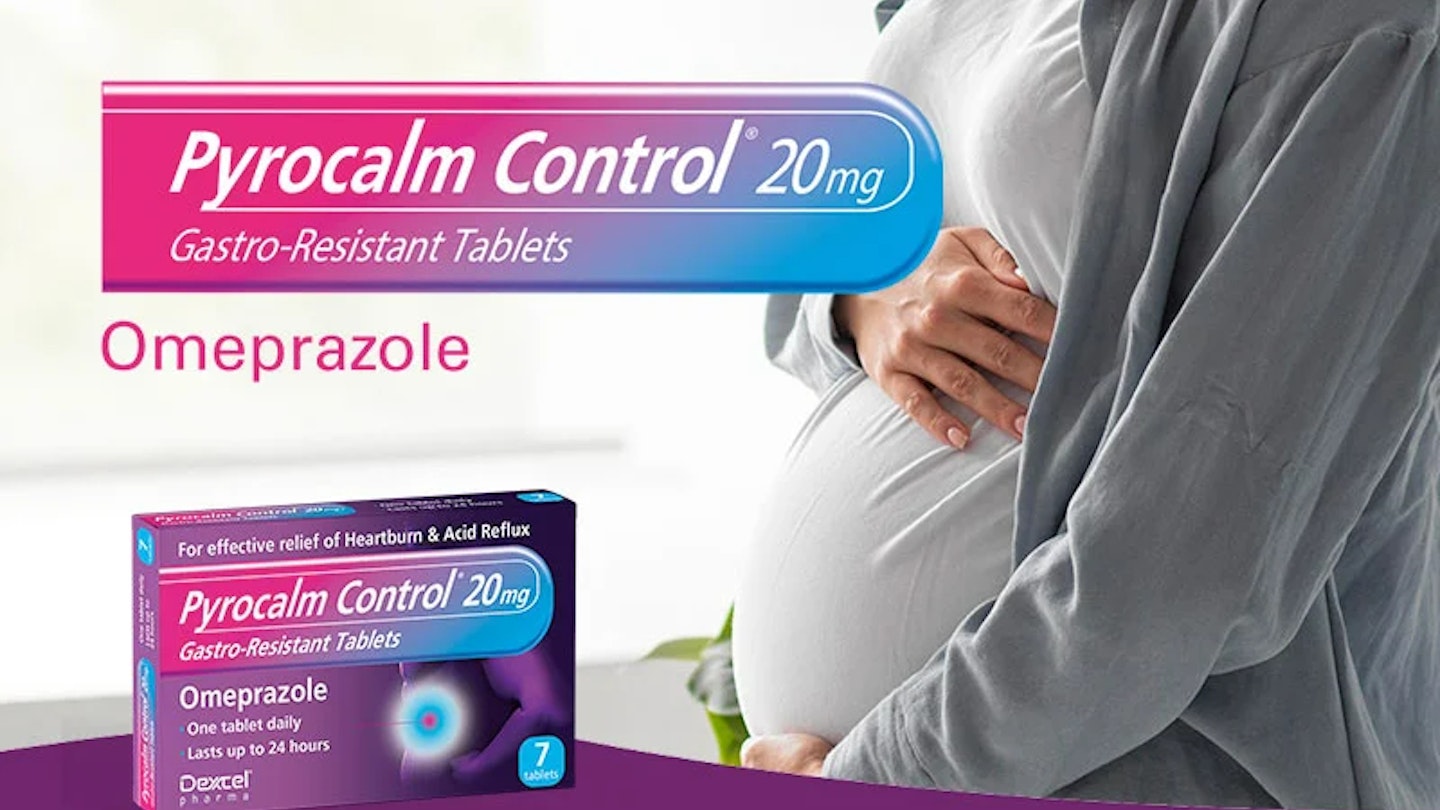Advertisement Feature
Pregnancy is an exciting time as you count down the months, weeks and days to the arrival of your little one. But it can also be a time of little worries, niggles and gripes - one of them being heartburn.
Be reassured though that heartburn - a burning feeling in the chest caused by stomach acid travelling towards the throat (acid reflux) - is common during pregnancy and there are ways to help ease the symptoms.
It’s said to affect between 30-80% of mums-to-be at some stage and can be caused by the hormonal changes that occur during pregnancy.
Progesterone levels increase causing the valve between the stomach and the oesophagus (the food tube) to relax, allowing stomach acid to pass into the tube.
Your growing baby pressing against the stomach can make the problem worse.
Thankfully for the majority of expectant-mum heartburn sufferers, it often disappears soon after the baby is born. But until then it can be unpleasant and downright uncomfortable.
What are the symptoms?
Symptoms of heartburn include:
-
A burning sensation or pain in the chest
-
An unpleasant sour taste in the mouth caused by stomach acid
-
Burping
-
Feeling full, heavy or bloated
-
Feeling or being sick
-
Bringing up food
It usually occurs soon after eating or drinking - although there can be a delay in the symptoms appearing - and it can happen during any stage of pregnancy, however it tends to be more common from 27 weeks onwards as the baby starts to grow bigger.
Although it’s natural to be concerned, heartburn doesn’t harm you or the baby but if you are worried it’s best to speak to your midwife or GP.
What can I do to ease the symptoms?
Simple dietary and lifestyle changes may be enough to control mild symptoms. Eating healthily is always recommended and even though it’s tempting to eat more when you’re pregnant, try to avoid the temptation.
Advice to help ease the condition includes:
-
Eat small meals often
-
Avoid eating late or within three hours of going to bed
-
Cut down on caffeine and rich, spicy or fatty foods
-
Sit up straight when you eat to take pressure off your stomach
-
Prop up your head and shoulders when you go to bed to help stop stomach acid coming up while you sleep
If you need help to manage your symptoms or changes to your diet and lifestyle aren’t working, speak to your midwife or GP - they may recommend medicines to ease your symptoms.
Pyrocalm Control 20mg Gastro-Resistant Tablets* contain omeprazole which reduces the amount of acid your stomach makes.
Omeprazole is a widely used treatment for indigestion, heartburn and acid reflux and can be taken by pregnant and breastfeeding women over 18 years of age.
Pyrocalm Control® 20mg Gastro-Resistant Tablets is the first branded omeprazole 20mg available over the counter without a prescription.
IMPORTANT: Medicines can affect the unborn baby. Always talk to your doctor or pharmacist before taking any medicine in pregnancy. Pyrocalm Control® 20mg Gastro-Resistant Tablets are for the short-term treatment of reflux symptoms in adults. Contains 20mg Omeprazole. Always read the label.
If you’d like further information, you can find out more about how Pyrocalm Control works [via their website]{href='http://www.pyrocalmcontrol.co.uk/how-it-works/' target='_blank' rel='noreferrer noopener'}, or follow them on Facebook, Twitter or Instagram.
